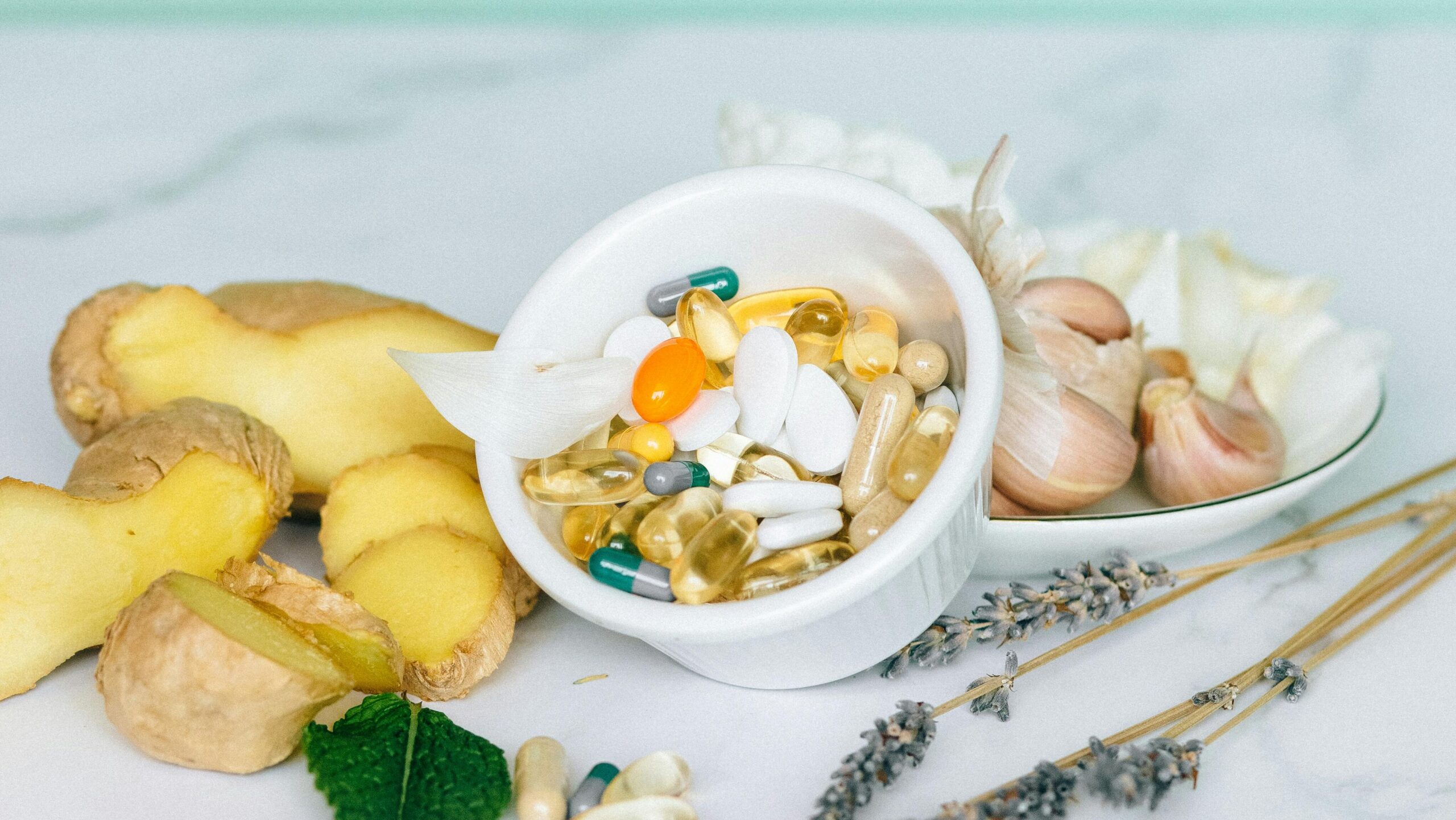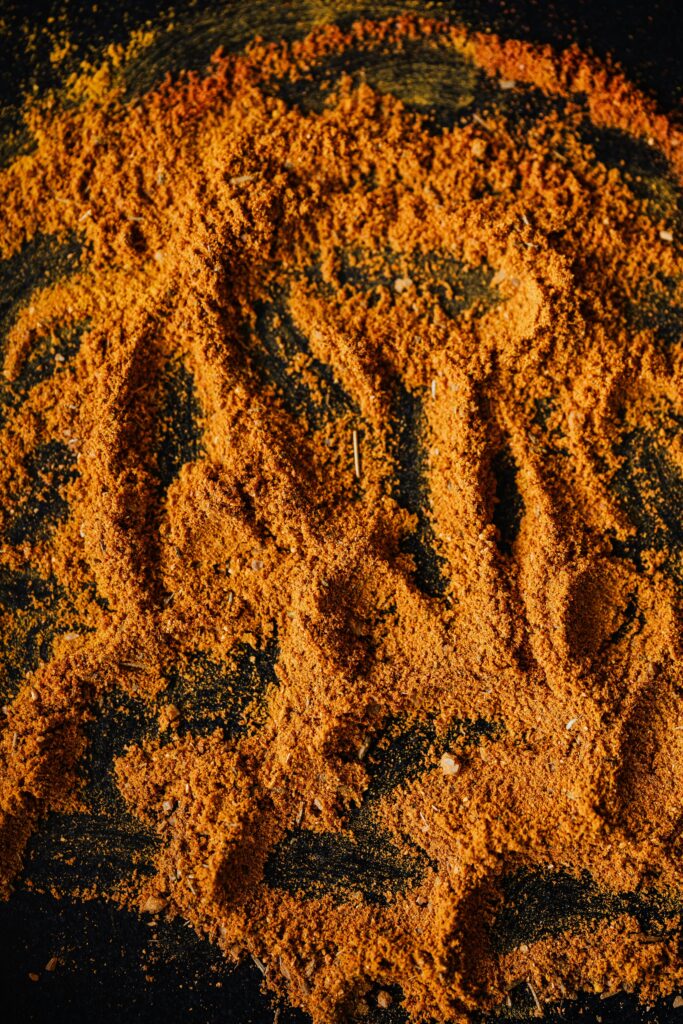
Tame Your Tummy with Ginger’s Zesty Elixir
Feeling queasy or achy? Ginger, a spicy root, has been a trusted remedy for centuries. From ancient Chinese healers to modern medicine, its zesty gingerols deliver powerful relief. Sailors used it to fight seasickness, and today it’s a go-to for digestion, pain, and more. Let’s explore ginger’s science-backed benefits, practical uses, and safety tips, revealing why this vibrant herb is a must-have for natural wellness.
Soothing Digestion and Nausea
Ginger shines for calming tummy troubles. It fights nausea from motion sickness, pregnancy, or chemotherapy. Studies show ginger reduces nausea and vomiting effectively, often matching over-the-counter drugs. Its gingerols relax stomach muscles, easing gastrointestinal spasms. Ginger also boosts digestion by speeding up stomach emptying, helping with bloating or indigestion. Whether you’re on a rocky boat or expecting a baby, ginger is a natural savior for your stomach.
Beyond the Gut: Pain and Health Benefits
Ginger’s powers go beyond digestion. Its anti-inflammatory compounds ease arthritis pain and menstrual cramps, offering relief without harsh drugs. Research shows ginger lowers inflammation markers, helping conditions like joint pain or irritable bowel syndrome. It fights infections with antibacterial and antiviral effects, strengthening immunity. Ginger may also promote healthy aging by reducing oxidative stress. Early studies suggest anticancer properties, with gingerols slowing tumor growth in lab tests. It even helps manage high blood pressure, supporting heart health.

How to Use Ginger
Add ginger to your routine with ease. Brew tea by steeping 1 gram of fresh grated root in hot water for 5-10 minutes—add honey for a zesty kick. Ginger candies or chews are great for on-the-go nausea relief. Take 500 mg capsules daily for wellness or acute symptoms like cramps. Blend ginger into smoothies or recipes, like stir-fries, for fun flavor and health boosts. Start with a low dose to test tolerance and pair with a balanced diet for maximum benefits.
Safety and Precautions
Ginger is generally safe, but high doses may cause heartburn or mild stomach upset. Use caution with blood thinners, as ginger can thin blood slightly. Pregnant women should check with a doctor, though low doses are often safe for nausea. Avoid ginger if you have gallstone issues, as it may increase bile flow. Always choose high-quality products to ensure purity. Consult a healthcare provider before combining with medications, especially for heart or diabetes conditions.

Why Ginger Matters
Ginger is a versatile spice that heals, blending ancient wisdom with modern science. From soothing nausea to easing pain, this root sparks wellness naturally. Whether you’re fighting tummy troubles or boosting immunity, ginger is a vibrant addition to your health kit. Try high-quality teas, capsules, or recipes, and use mindfully to thrive. Make ginger your go-to for a zesty, healthy life!
Disclaimer: Always consult a doctor before using herbs for health.
Sources:
https://www.nccih.nih.gov/health/ginger
Mashhadi, N. S., et al. (2013). Anti-Oxidative and Anti-Inflammatory Effects of Ginger in Health and Physical Activity: Review of Current Evidence. International Journal of Preventive Medicine, 4(Suppl 1), S36-S42.
Lete, I., & Allué, J. (2016). The Effectiveness of Ginger in the Prevention of Nausea and Vomiting during Pregnancy and Chemotherapy. Integrative Medicine Insights, 11, 11-17.
Wang, Y., et al. (2017). Ginger for Health Care: An Overview of Systematic Reviews. Complementary Therapies in Medicine, 34, 76-84.
Semwal, R. B., et al. (2015). Gingerols and Shogaols: Important Nutraceutical Compounds from Ginger. Phytochemistry, 117, 554-568.


